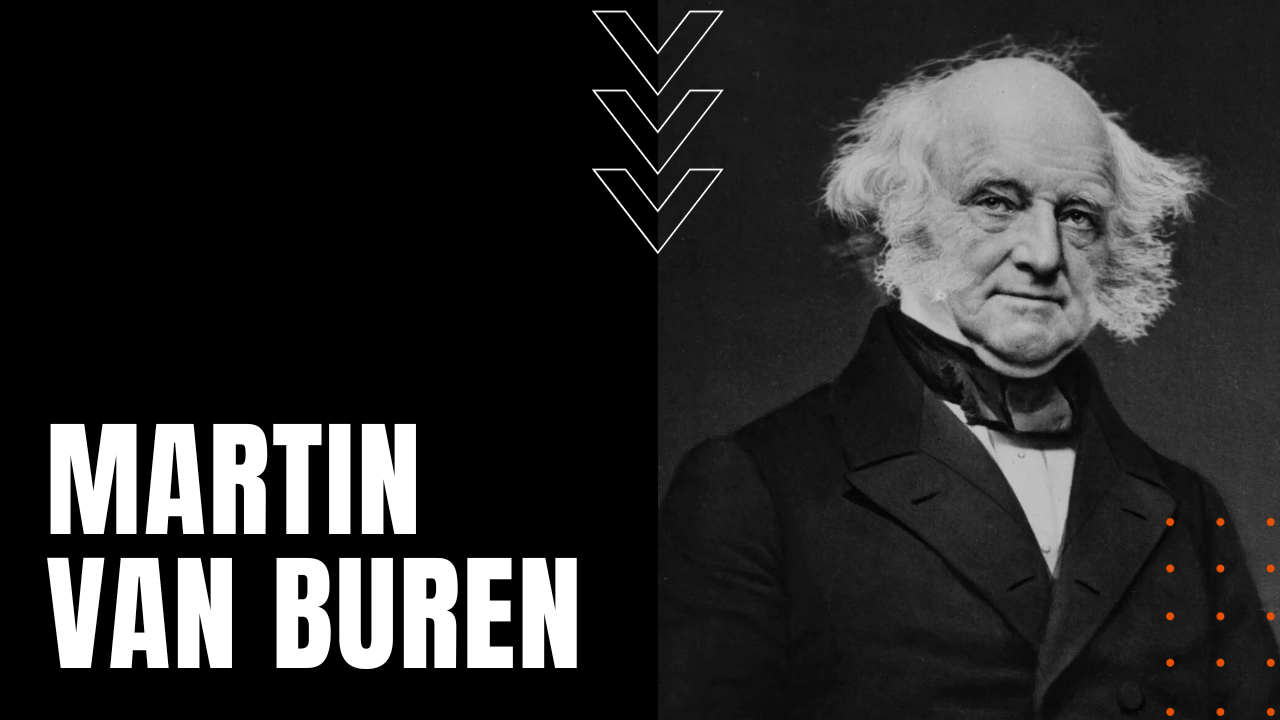Martin Van Buren

Born in 1782 Kinderhook New York, Martin Van Buren apprenticed as an attorney before opening his own practice in 1803. Subscribing to the political theories of Thomas Jefferson, who favored states’ rights over a strong federal government, Van Buren served two terms in the New York State Senate, divided by a stint as state attorney general, before winning a seat in the U.S. Senate in 1821, where he founded a state political organization known as the Albany Regency.
Jeffersonian Leader
After John Quincy Adams won the White House in the presidential election of 1824, Van Buren helped form a coalition of Jeffersonian Republicans who backed Andrew Jackson in the presidential election of 1828, which soon emerged as the Democratic Party. Departing the Senate that same year, Van Buren successfully ran for governor of New York, before resigning from office when newly-elected President Jackson appointed Van Buren as his secretary of state.
Service Abroad
Resigning his cabinet post in 1831, Van Buren served as minister to Great Britain, before earning a spot as Jackson’s running mate during the presidential election cycle of 1832, where they swept both the popular and electoral vote over Whig Party opposition candidate, Henry Clay. Winning the White House himself in the presidential election of 1836, against Whig Party upstart William Henry Harrison, Van Buren took office just in time for the Panic of 1837, which collapsed banks and much of the American economy after federal funds were transferred to state banks from the now-defunct Bank of the United States.
Failed Monetary Policies
After Van Buren’s deflationary monetary policies failed to improve the economy, his push for the establishment of an independent federal treasury drove many conservative Democrats into the Whig Party, which in turn handed the White House to Harrison in the presidential election of 1840. Running again in 1844, his refusal to endorse the annexation of Texas led southern Democrats to elect James K. Polk, before Van Buren’s final political defeat as the Free Soil candidate during the presidential election of 1848.
Retirement Years
Losing handily to Zachary Taylor, Van Buren retired to Kinderhook to write his autobiography, which proved to be a valuable primer into the politics of the era. He died on July 24th, 1862, a little more than three months after the outbreak of Civil War, making the life and public service of Martin Van Buren, an age-defining politician during the years leading up to war.
